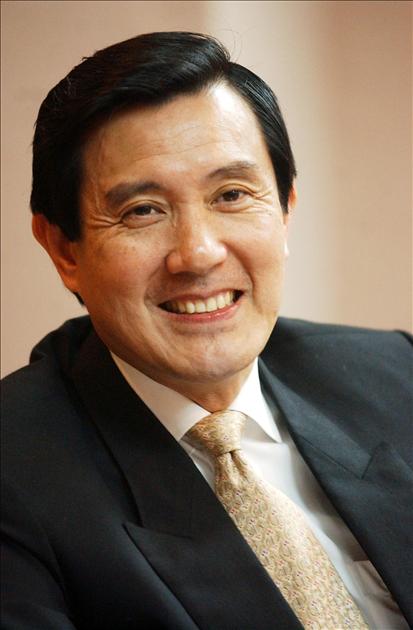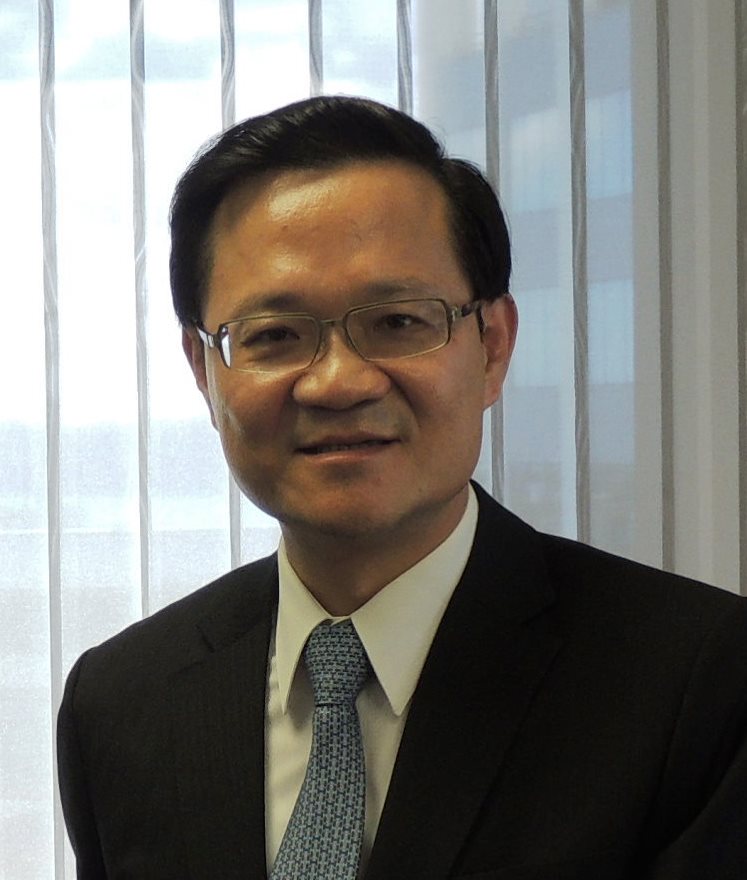
 Taiwan has been taking a series of policy initiatives to maintain stability in the Asia-Pacific region and promote better economic relations with friendly countries including New Zealand, a senior official of the country has said.
Taiwan has been taking a series of policy initiatives to maintain stability in the Asia-Pacific region and promote better economic relations with friendly countries including New Zealand, a senior official of the country has said.
Lincoln Ting, Director General of the Taipei Economic and Cultural Office in Auckland said that his Government’s ‘Rapprochement Policy’ and ‘Viable Diplomacy’ have had a positive impact in improving ties.
The office in Auckland is the de facto Consulate General of Taiwan, also serving and protecting the interests of Taiwanese in New Zealand.
ECA with New Zealand
New Zealand does not have diplomatic ties with Taiwan but has been evincing keen interest in promoting trade relations and foreign investments.
Mr Ting said that Taiwan, officially known as Republic of China (ROC) has initiated an ‘Economic Cooperation Agreement’ (ECA) with the New Zealand Government and that negotiations are being held for an early pact.
“Bilateral relations between Taiwan and New Zealand have grown from strength to strength during the past four years. Taiwan is today New Zealand’s 8th largest export market and 12th biggest trading partner, with the total value of two-way trade reaching $1.2 billion in 2012,” he said, speaking to Indian Newslink.
While primary agricultural products are New Zealand’s exports to Taiwan, its imports include high value-added industrial goods such as electrical machinery, electronic products and refined petroleum products.
“As the two countries’ economies are highly complementary, it is crucial that Taiwan and New Zealand actively promote economic and trade exchanges, cooperation and linkages between the two countries. An ECA would be mutually beneficial,” he said.
According to Mr Ting, Taiwan is an important source of foreign investment in New Zealand, including agricultural technology.
Taiwanese investment projects in New Zealand are mainly in manufacturing (computer, electronic products and optical products), agriculture, fishing and animal husbandry, forestry, finance and insurance, information and communication, wholesale and retail trade and scientific and technical services.
Venture Capital
Taiwan’s National Development Fund (NDF) and New Zealand Venture Investment Fund (NZVIF) signed an agreement last year underlining the importance of co-investment partnership.
“The partnership can see venture capital funds established to invest in high-growth companies from both countries in bio-technology and cultural and creative industries. These funds are a source of support for industry innovation and research and development that are crucial to enhance industrial competitiveness,” he said.
As a part of the partnership agreement, a steering committee comprising three officials from each other has been established.
High-ranking executives from the Institute for Information Industry and the Digital Content Industry Promotion Office of Taiwan’s Economic Affairs Ministry recently visited New Zealand to explore cooperation opportunities, he said.
“There are several cases under evaluation and I hope that a model can be created in the near future so that we can show a prototype to the world that the co-investment venture capital fund boosts investment in the two countries,” Mr Ting said.
ROC’s economic policies focus on six emerging industries, namely, green energy, biotech, culture and creativity, tourism, healthcare and high-end agriculture industries.
“They are also among the many areas in which Taiwan and New Zealand can co-operate to benefit from closer trade and investment relationship,” Mr Ting said.
New initiatives
Ma Ying-jeou, who became President of the country on May 20, 2008, is considered the chief architect of several policies and initiatives that have seen ROC register rapid growth and prosperity.
The Government’s friendly approach and penchant for improved bilateral and multilateral relations have helped to foster stability in the Asia-Pacific region.
According to Mr Ting, these policies and initiatives changed the current state of ROC, among the most important of which was the “Cross-Strait Rapprochement” with the Chinese mainland declared shortly after Mr Ying-jeou took office in 2008.
“Our Government conducted institutionalised Cross-Strait negotiations based on ‘equality, dignity and reciprocity’ and under the principles of ‘putting Taiwan first for the benefit of the people.’ These talks have brought Taiwan and mainland China into a period of stable interaction, not seen in the past six decades,” he said.
The two countries today have 18 agreements in place, including the ‘Economic Cooperation Framework Agreement,’ similar to a Free Trade Agreement.
Mr Ting said that ‘Viable Diplomacy’ is another initiative that has provided ‘more breathing space’ for Taiwan in the international community.
“The international society recognises our contributions,” he said.
Over the past five years, ROC has been enjoying increasing acceptable in global organisations, including the status of an ‘Observer’ at the annual World Health Assembly, endorsement of the ‘Government Procurement Agreement’ under the World Trade Organisation (WTO) and grant of visa-free or visa-on-arrival status by 133 countries and regions.
Peace initiative
Mr Ying-jeou Ma proposed on August 5, 2012, his ‘East China Sea Peace Initiative,’ to seek a permanent solution to the volatile dispute that his country has with Japan mainland China over the Diaoyutai Islands (Senkaku Islands) in the East China Sea.
While reiterating the sovereignty of his country over the Islands, he called upon those involved to replace confrontation with dialogue, shelve territorial disputes through negotiations, formulate a Code of Conduct in the East China Sea and engage in joint development of resources.






